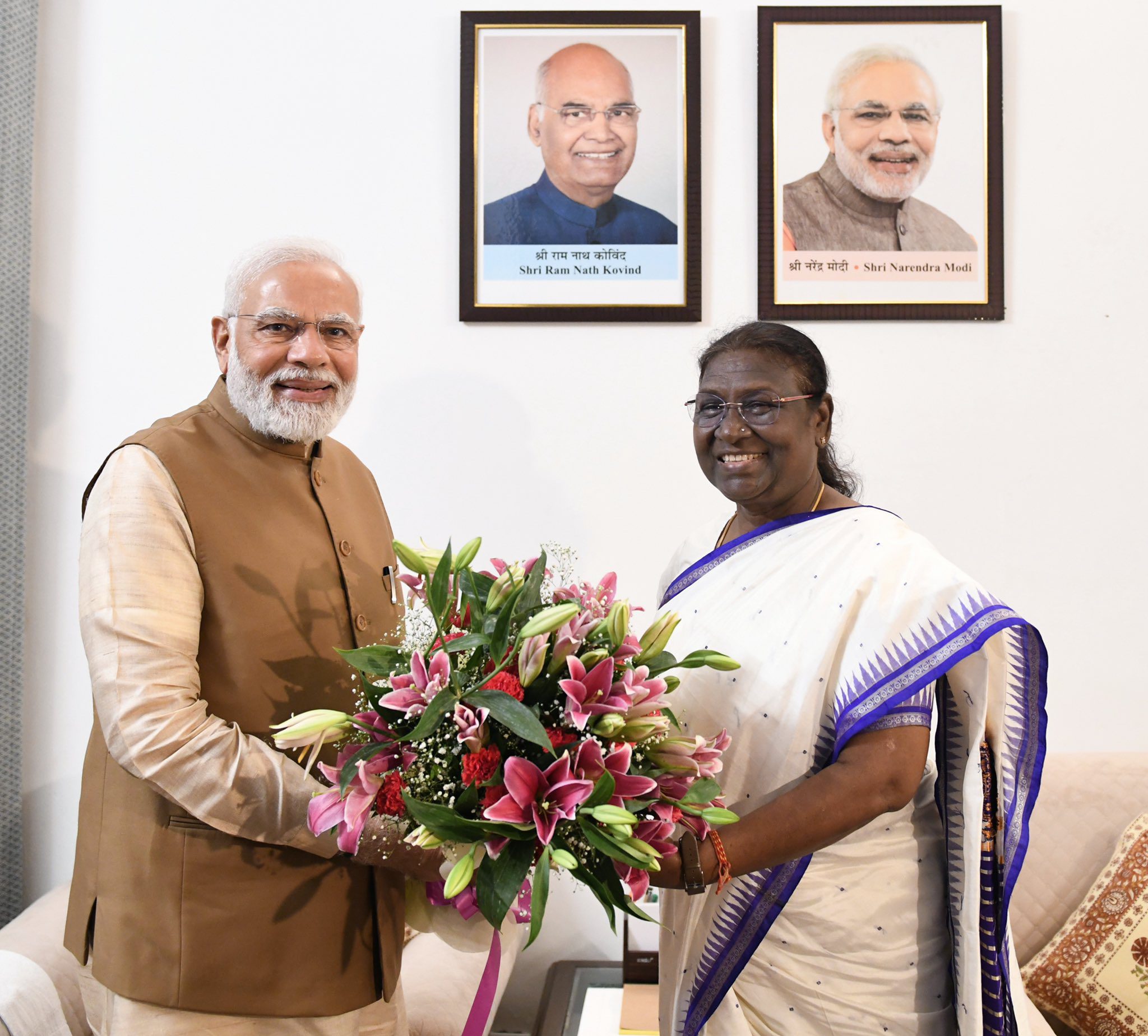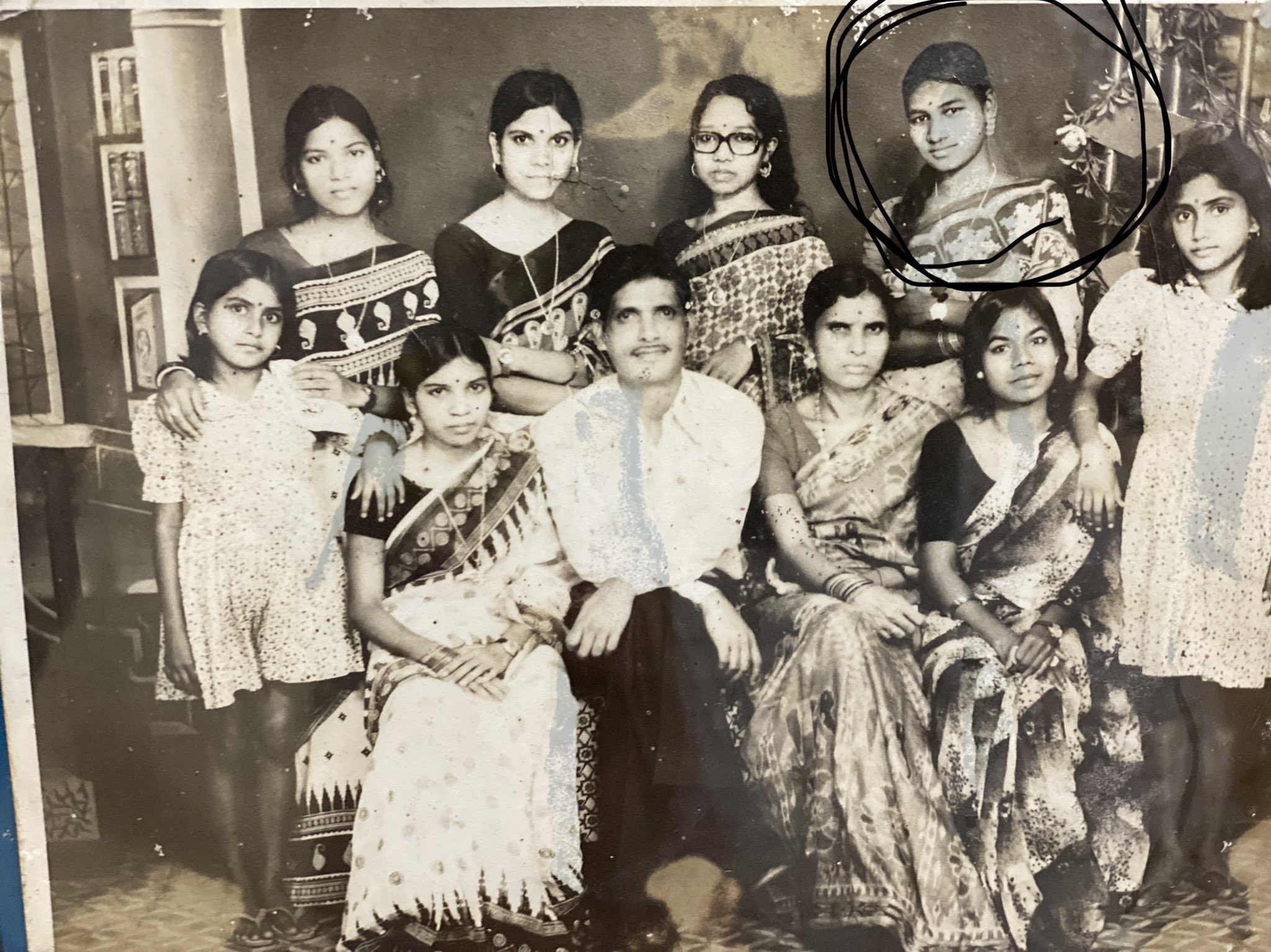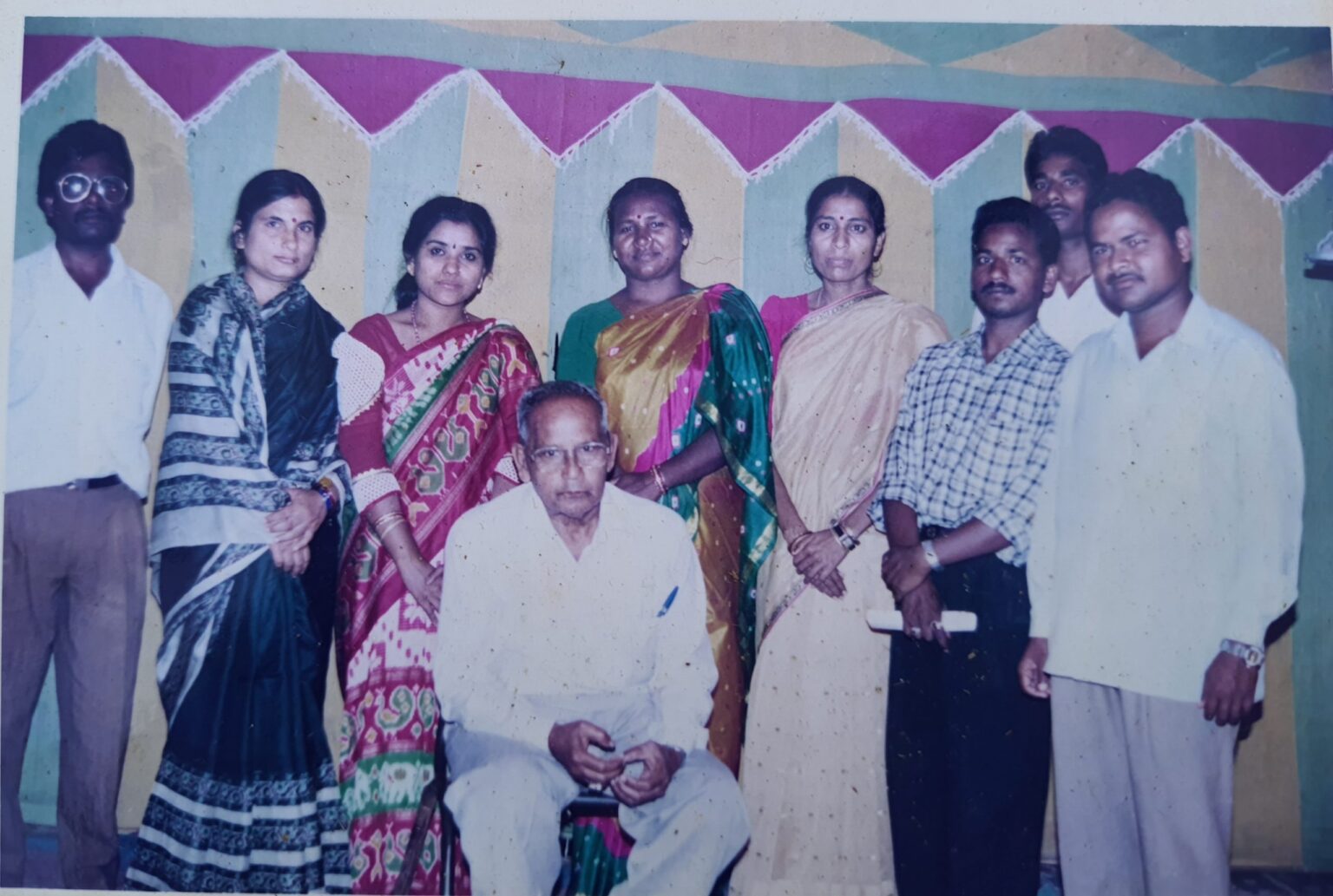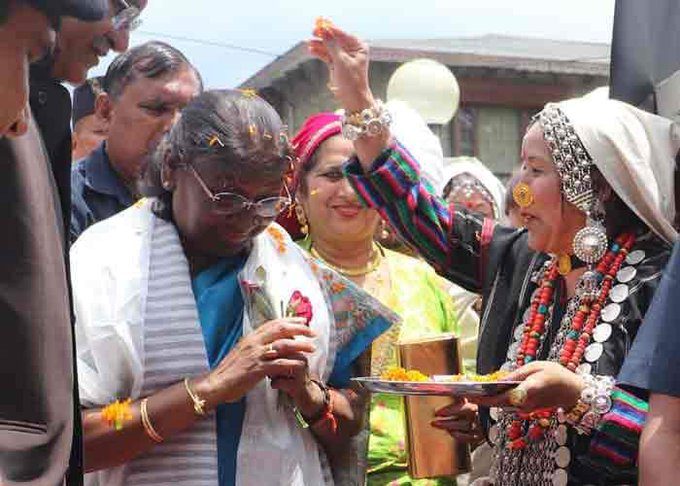(July 23, 2022) The first tribal leader, youngest candidate, and first head of state born post-independence – are just some of the terms which are now being associated with Droupadi Murmu. Winning by a phenomenal margin of 64 percent, the Adivasi leader from Odisha scripted history on July 21, as she became the 15th President of India. After four rounds of polling, where she received 2,824 votes, the former Governor of Jharkhand emerged victorious against Yashwant Sinha, the former Minister of Finance of India.

President Droupadi Murmu with Prime Minister Narendra Modi
Hailing from the Santhal tribe of Odisha, Murmu has a long and glorious political career behind her. Despite several personal setbacks, she kept working towards uplifting the marginalised communities, not just in her state, but across the country. Global Indian takes a look at the life journey of the next Indian President.
Early years
Born in 1958, in Uperbeda, a small village situated approximately 285 km away from Odisha’s capital, Bhubaneswar, Murmu was the only daughter among three kids. Inspired by her father, Biranchi Narayan Tudu, who was the chief of the village, a young Murmu would stay up late at night to study one chapter ahead of what was being taught at her school. The President, however, was not just good at academics. She was also an athlete, who won many medals in school competitions.

An old image of Tudu family. Droupadi Murmu can be seen standing second from right.
After finishing her seventh standard at the Uperbeda Middle English School, Murmu moved to Bhubaneswar, where she completed her high school and moved on to pursue a bachelor of arts at the Rama Devi Women’s College. Married soon after her graduation, she never let anything come in the way of her career. An ambitious youngster, Murmu’s first job was at the Odisha State Irrigation and Power Department, where she worked as a junior assistant from 1979 to 1983. The couple subsequently became parents to two sons and a daughter.
In the early 90s, the family moved to Rairangpur, where Murmu worked as an assistant professor at the Shri Aurobindo Integral Education and Research Institute.
A glorious political journey
As a teacher, Murmu took stock of the many social ills that plagued Rairangpur – such as high illiteracy, bad sanitation, and rampant health issues. Moved by the people’s plight, the President took up voluntary teaching and worked toward educating kids from the most remote parts of Odisha. She entered politics in 1997, contesting in the local polls as a BJP candidate. She won, becoming Rairangpur’s councillor. An able leader, Murmu would personally supervise the sanitisation work in the town, making sure that the drains and garbage were cleaned properly. An excellent orator in Odia and Santhali, Murmu’s persistence and reputation helped many young kids, especially girls, get back to school.

An old staff photograph of Integral School, Rairangpur. Droupadi Murmu is standing fourth from left
A member of the Bhartiya Janata Party, Murmu was elected twice to Odisha’s Legislative Assembly – in 2000 and 2009 – from the Rairangpur seat. In the Biju Janata Dal – BJP coalition led by Naveen Patnaik, Murmu even took care of the commerce and transport, and fisheries and animal resources portfolios. Between 2006 and 2009, BJP made Murmu the state president of its scheduled tribe’s wing, during which Murmu worked extensively with the remote Adivasi communities, suffering from social and economical disadvantages. It was during this period that she was conferred with Nilkantha Award for the best MLA by the Odisha Legislative Assembly.
A tragic turn
Her professional career was flourishing. As she climbed higher in Odisha’s politics, Murmu’s life came to a sudden halt after she lost her eldest son, Laxman Murmu, in 2009. According to reports, the 25-year-old was found unconscious by his bed. Although the family rushed him to the nearby hospital, he couldn’t be saved. About three years later, Murmu lost her second son in a road accident. “I was devastated and suffered from depression,” Murmu had shared, during a 2016 interview with Doordarshan, “I spent sleepless nights after my son’s death. It was when that I visited Brahma Kumaris, I realised I had to move on and live for my two sons and daughter.”

Murmu family
While she was still picking up the pieces of her life, Murmu’s encountered another tragedy. In 2014, Murmu’s husband succumbed to a major cardiac arrest, leaving behind an inconsolable wife. But realising that she had to take care of her teenage daughter, Murmu pulled herself together and continued her work towards the betterment of her community. She later became the National Vice-President of BJP Scheduled Tribes Morcha.
Road to Raisina Hills
After suffering through several personal setbacks, Murmu’s life was slowly coming back on track. Impressed with her work for the socially and economically weaker communities in Odisha, the Government of India appointed her as the Governor of Jharkhand. The first female to be sworn into the office, Murmu took several hard decisions to protect the rights of the tribal community of Jharkhand. This included her refusal to approve the bill seeking amendments to the Chhotanagpur Tenancy Act, 1908, and the Santhal Pargana Tenancy Act, 1949.

Droupadi Murmu during her presidential campaign
BJP-led National Democratic Alliance considered Murmu’s name as their official candidate for the 2017 Presidential election. However, the party picked Ram Nath Kovind over her. In June 2022, Murmu was nominated by the NDA as their candidate for the 15th President of India. Sixty-four and still enthusiastic to work for the people, Murmu visited numerous states, including Odisha, Jharkhand, Karnataka, Uttar Pradesh, and Maharashtra, and met the head of governments there during her presidential campaign. As many as 73 percent of Members of Parliament and 74 percent of Members of the legislative assembly, of 6,76,803 value, voted for the tribal candidate, who is set to be sworn in as the 15th President of India on July 25, 2022.
- Follow Droupadi Murmu on Twitter




